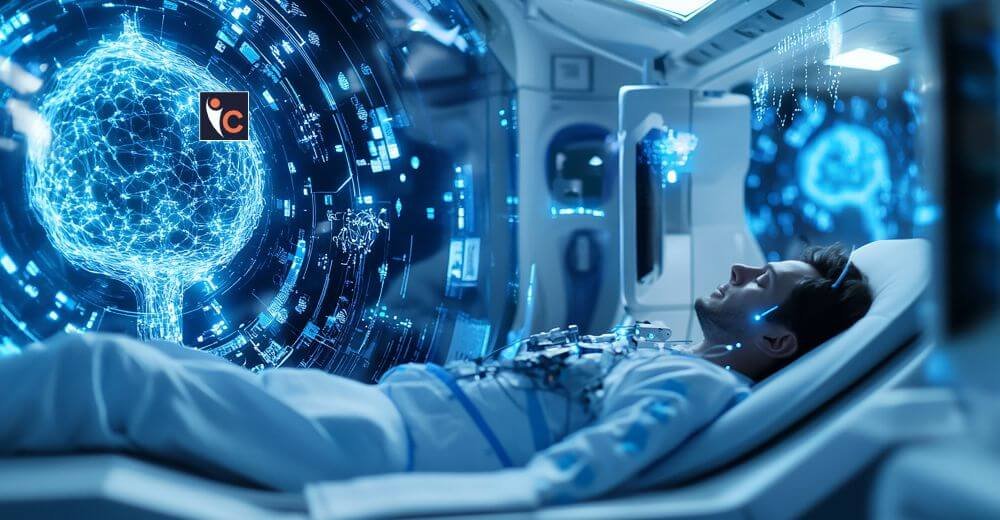Evidence and Efficacy
Music therapy has emerged lately as a potent adjunctive treatment of stroke rehabilitation in modern world. It offers not only emotional and psychological support but also concrete improvements in physical and cognitive functions, enabling some of the lost functions to be regained in stroke patients. The rhythmic pattern, melody, and harmonies of music therapy can aim at engaging most parts of the brain thereby facilitating neuroplasticity and aiding the recovery of speech, motor skills, and mood stabilization.
- Cognitive and Speech Recovery
Stroke patients usually experience aphasia; it is a condition of impairment in speech and language which affects the communication process of a patient. Research on the use of music therapy shows it has the potential to stimulate stroke patients’ recovery especially through MIT, Melodic Intonation Therapy. MIT uses the capability of the better brain hemisphere-the right hemisphere-to compensate for the destroyed speech centres of the left hemisphere. All this is possible because training patients to sing phrases before speaking them creates stimulation in the brain, and thus, they are able to regain verbal communication skills.
A study done and published in Frontiers in Neurology had revealed that music therapy proved much more effective for stroke patients whose verbal communication skills improved significantly higher than that of those who did not undergo such therapy. Moreover, the application of music in speech therapy programs makes patients less irritating and challenging, so that overall results become favorable as well.
- Motor Skills and Coordination
Music therapy also comes in useful in enhancing motor recovery, especially in stroke survivors whose motor functions are impaired. Techniques that include Rhythmic Auditory Stimulation, or RAS, have gained a lot of attention in enhancing gait and upper limb coordination. This technique applies rhythmic patterns to guide movements and stimulate the areas of the motoric cortex that deal with planning and movement execution.
A research published in the Journal of Music Therapy reported that rehabilitation patients who received RAS treatment showed positive results in aspects such as walking speed, stride length, and even motor control. Music therapy enables the brain to form new pathways using movement with rhythmic cues, and this facilitates better muscle coordination and recovery of motor function.
- Emotional and Psychological Support
Stroke survivors often suffer from anxiety and depression and have many mood swings, which seriously interfere with their process of recovery. Music therapy is known to have deep impacts on one’s emotional levels, for instance decreasing stress and producing a positive mental state. Listening to music or conducting music-making activities raise levels of chemicals associated with pleasure and mood control, such as dopamine and serotonin.
The World Federation of NeuroRehabilitation did a study on stroke patients and observed that music therapy resulted in a decrease in levels of depression as well as anxiety and, most importantly, better overall wellbeing. Such emotional benefits improve the quality of life of a patient but also contribute to more strenuous engagement and adherence in rehab.
- Neuroplasticity and Brain Engagement
The ability of the brain to maintain its changeability throughout an individual’s lifetime is known as neuroplasticity, which definitely affects stroke recovery. It has been found that several brain areas are simultaneously stimulated by music, making cognitive and motor functions recover more. In addition, playing a musical instrument requires fine motor skills and concentration for a period, thus requiring the use of motor and cognitive brain parts. It has also been noted that simply by listening passively to music, connectivity within the brain is fostered and helps a patient recover lost functions over time.
Incorporation of music therapy in stroke rehabilitation programs facilitates stimulation of the brain by urging the development of new neural pathways that replace lost functions. The multisensory engagement by music-auditory, emotional, and motor-holistic approaches of rehabilitation.
- Efficacy Evidence
Clinical research has proven the effectiveness of music therapy in stroke rehabilitation. A Finnish study published in Brain: A Journal of Neurology found that stroke patients receiving music for at least one hour a day experienced a greater recovery in verbal memory and focused attention than those patients who received audiobooks or no auditory stimulation at all. The same study published in the International Journal of Stroke also listed some of the benefits of the rhythm-based music therapy that was applied, where effects appeared about the re-acquisition of upper-limb motor recovery and cognitive attention.
Having a more optimistic perspective on music therapy, several authorities are prone to its use within comprehensive rehabilitation programs in stroke centers around the world and have been advocated through organizations such as the American Music Therapy Association. Offering a combination of traditional physical therapy with music-based interventions becomes a factor that helps patients achieve recoveries that may be accelerated and maintained.
Conclusion
Music therapy is an effective and multifaceted stroke rehabilitation tool to be used on cognitive, motor, and emotional levels. Evidence-based techniques such as Melodic Intonation Therapy, Rhythmic Auditory Stimulation, and passive music listening can potentially enhance neuroplasticity, speech, and motor capabilities, while also enhancing the emotional well-being of a stroke survivor. The addition of music therapy in a rehabilitation program optimizes the patient’s outcomes but also makes the process of rehabilitation pleasurable and motivating for the survivor.
This growing body of research and clinical trials can continue to build upon the integration of music therapy into the comprehensive rehabilitation for stroke patients, where it can be realized fully for its potential as a critical tool in the restoration of patients.
Read More: Click Here










